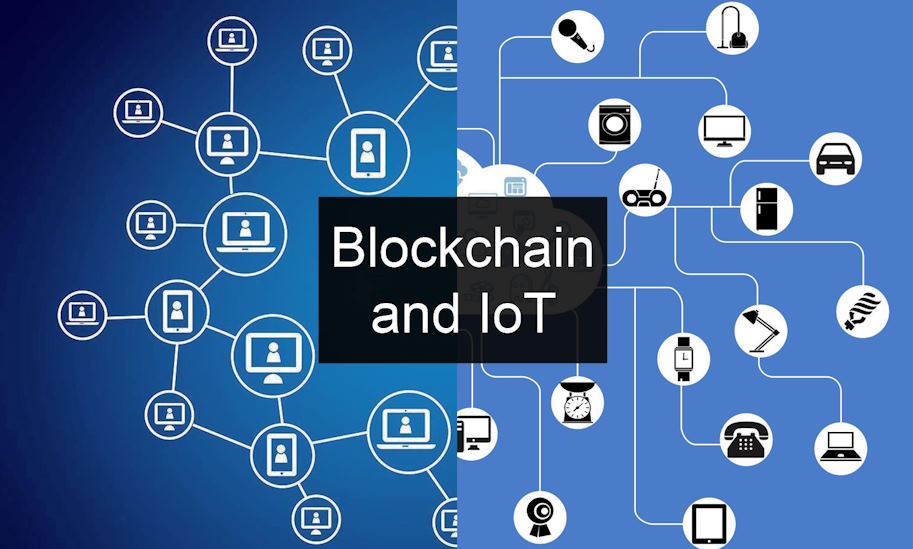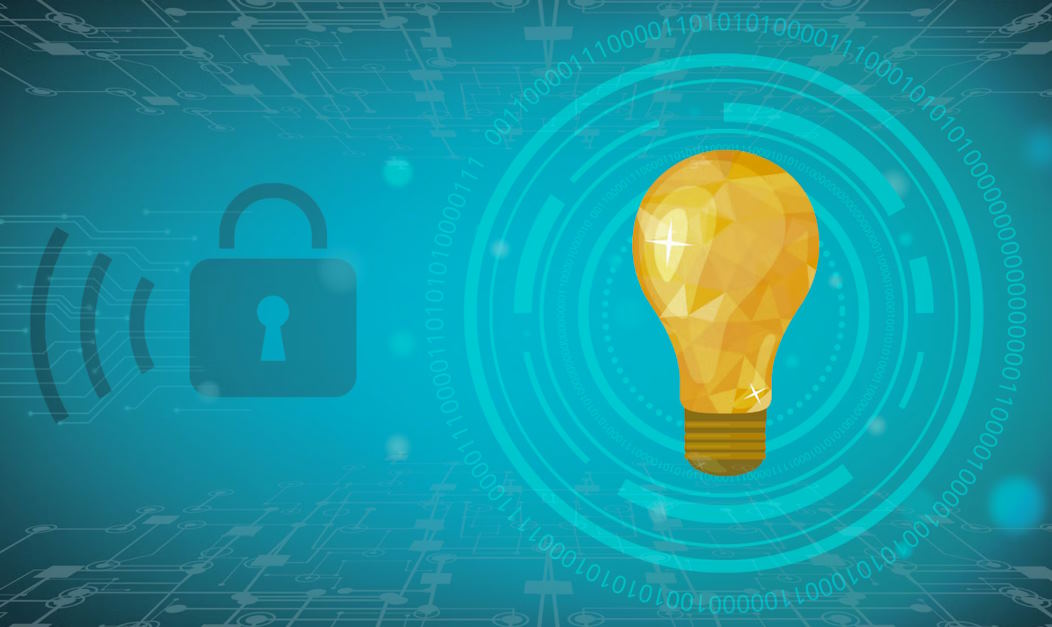Cyberattacks on sensitive personal information, corporate trade secrets, and even critical infrastructure have left no sector untouched. As traditional centralized data storage methods falter against the ever-evolving tactics of malicious actors, a technological innovation has emerged as a promising safeguard: blockchain. The marriage of decentralization, cryptographic security, and immutability has endowed blockchain with the potential to redefine data security paradigms and revolutionize the battle against data breaches.
Blockchain as a Solution to Data Breaches
The attributes of blockchain technology align seamlessly with the requirements of data security in an increasingly digital world. Decentralization serves as a powerful deterrent against breaches since there is no central repository for hackers to target. Each participant in a blockchain network possesses a copy of the entire ledger, ensuring redundancy and resilience in the face of attacks. Moreover, the cryptographic hashing employed by blockchain guarantees the integrity of stored data, making unauthorized alterations virtually impossible.
The concept of immutability inherent in blockchain is a game-changer in the fight against data breaches. Once data is recorded on a blockchain, it becomes part of an unchangeable historical record. This permanence is particularly vital in scenarios where accountability and transparency are paramount. By eliminating the possibility of altering historical records, blockchain enhances the credibility of data and discourages malicious actors from attempting to manipulate information.

Implementing Blockchain for Data Security
While the potential benefits of blockchain in thwarting data breaches are compelling, implementation is not without challenges. One of the primary hurdles is the integration of blockchain technology into existing systems. Organizations must navigate technical complexities and potential disruptions during the transition. Additionally, scalability remains a concern, as traditional blockchains, such as Bitcoin and Ethereum, struggle to handle the transaction volumes required by enterprise-level applications.
Interoperability between various blockchain platforms is another challenge that necessitates attention. As multiple blockchain networks emerge, the ability to seamlessly share data and execute transactions across these networks becomes crucial. Furthermore, a concerted effort to educate stakeholders about blockchain’s intricacies and advantages is vital for garnering support and fostering collaboration.
Real-world Examples of Blockchain-based Data Security
Several real-world applications illustrate how blockchain can fortify data security in diverse industries. IBM Food Trust leverages blockchain to enhance transparency in the food supply chain, allowing consumers to trace the origin and journey of their food products. Estonia’s e-Government initiative employs blockchain to create secure digital identities and tamper-proof records, streamlining administrative processes while ensuring data integrity. In the healthcare sector, projects like MedRec empower patients to control their medical records through blockchain-enabled platforms, reducing the risk of unauthorized access and privacy breaches. Walmart’s use of blockchain for supply chain management exemplifies how the technology can enhance traceability, authenticity, and accountability in product sourcing and distribution.

Future Prospects and Innovations
As blockchain continues to evolve, its potential to combat data breaches expands beyond its current capabilities. The convergence of blockchain technology with artificial intelligence (AI) holds significant promise in detecting and preventing threats. AI-powered algorithms can analyze patterns and anomalies in blockchain data, enabling early identification of potential breaches. However, as the technology progresses, regulatory challenges must be navigated to ensure that blockchain solutions comply with existing data protection laws and standards. The collaboration between tech companies, governments, and researchers will play a pivotal role in shaping the future landscape of blockchain-powered data security.
Criticisms and Limitations of Blockchain for Data Security
While blockchain offers substantial benefits, it is not immune to criticism and limitations. One of the notable concerns is the energy consumption associated with certain blockchain implementations, such as Proof of Work (PoW) consensus mechanisms. The computational power required for PoW can have environmental implications, prompting discussions about more sustainable alternatives. Moreover, the complexity of smart contracts, self-executing code stored on the blockchain, introduces the risk of vulnerabilities that could be exploited by attackers. It’s also important to acknowledge that blockchain might not be the optimal solution for every scenario, and careful consideration is required to determine whether its characteristics align with the specific needs of a given application.


































